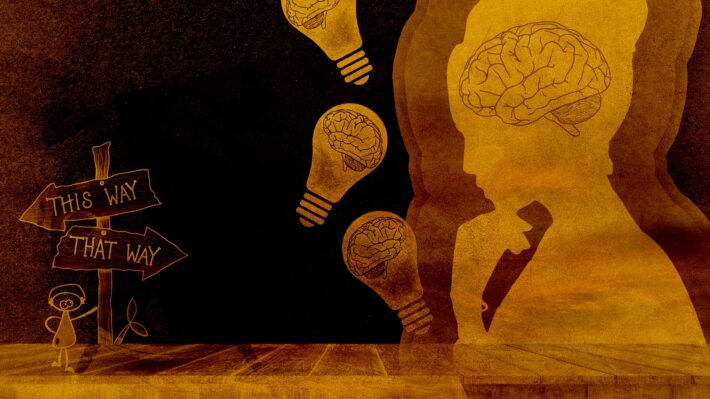Believe it or not, I’m actually a compassionate person! I know it’s hard to believe. And this all comes from a place of empathy. So please bear with me as I navigate rough waters. Everyone has their own journey.
But I think we need to discuss the way we oversaturate the issue of mental health jargon in our culture today. Don’t get me wrong: I think acknowledging these issues is important for everyone, and I’m glad they are addressed more. I myself battle anxiety. But I want to discuss the excess of dropping certain verbiage with such a frivolous usage. Because, hear me out, that might do more hurt than help nowadays.
“Trauma, toxic problems, gaslighting, OCD, etc…” Terms that were used by the mental health professional community are getting thrown around like crazy these days by every reality star who has a bad day. It’s exhausts the level of the actual problem at a certain point. For people who truly suffer. Terms like ADHD are almost laughed at these days because pop culture and people just throw them out there. It lessens what they can actually mean.
Nick Haslem is a psychologist who essentially coined the term “concept creep,” which basically dives into the overrepresented type of thing that can actually make us numb to its influence. There’s a range of the topics, but this is how I see it:
I think mental health is extremely important — which is why this is crucial. The more we just casually whisper these words in the wind, the less they actually have meaningful weight to others. I’ve spoken about the law of diminishing returns before. We are just using terminology in a way we THINK we are creating awareness and empowering others (or validating ourselves), but the constant overusage actually disempowers it during conversations. And that is a serious bane to those who really do suffer these things.
Awareness is key. And I am glad to have that be something we are improving upon. And I don’t want to undermine what many people are going through.
Yet we need to stop throwing words around like trauma and OCD. It’s possible we all do have levels of this in some way. But mental health shouldn’t be treated like it isn’t tremendously serious for some. Your trauma from being yelled at by your ex (reality star person) is not the same as a Vietnam vet seeing his friends lying in pieces in the jungle. Your OCD might make you like a clean home, but it likely doesn’t leave you too anxious to leave your room because you’re thinking about a million things that could go wrong when the doorknob turns if you don’t pat it 17 times. Real OCD is actually a huge disability for sufferers.
Mental issues are more common than ever. And we need to address all people’s problems at any level. But when every celebrity and person you know starts dropping this terminology? They are diminishing what serious sufferers go through. Bachelor contestants are not dealing with the same problems as veterans of war. And the overuse of these words is unhealthy.
It’s sort of crazy that mental health has gone from something nobody would talk about to something that is just thrown out in every Ellen interview. And I support all of their plights and battles. And all of yours, too! But we need to tighten up on just making words like “trauma” about a bad eyebrow job. I’m so glad mental health is discussed, but saturating the public lexicon with these words waters down how much some people are really suffering.
My love extends to everyone out there.

